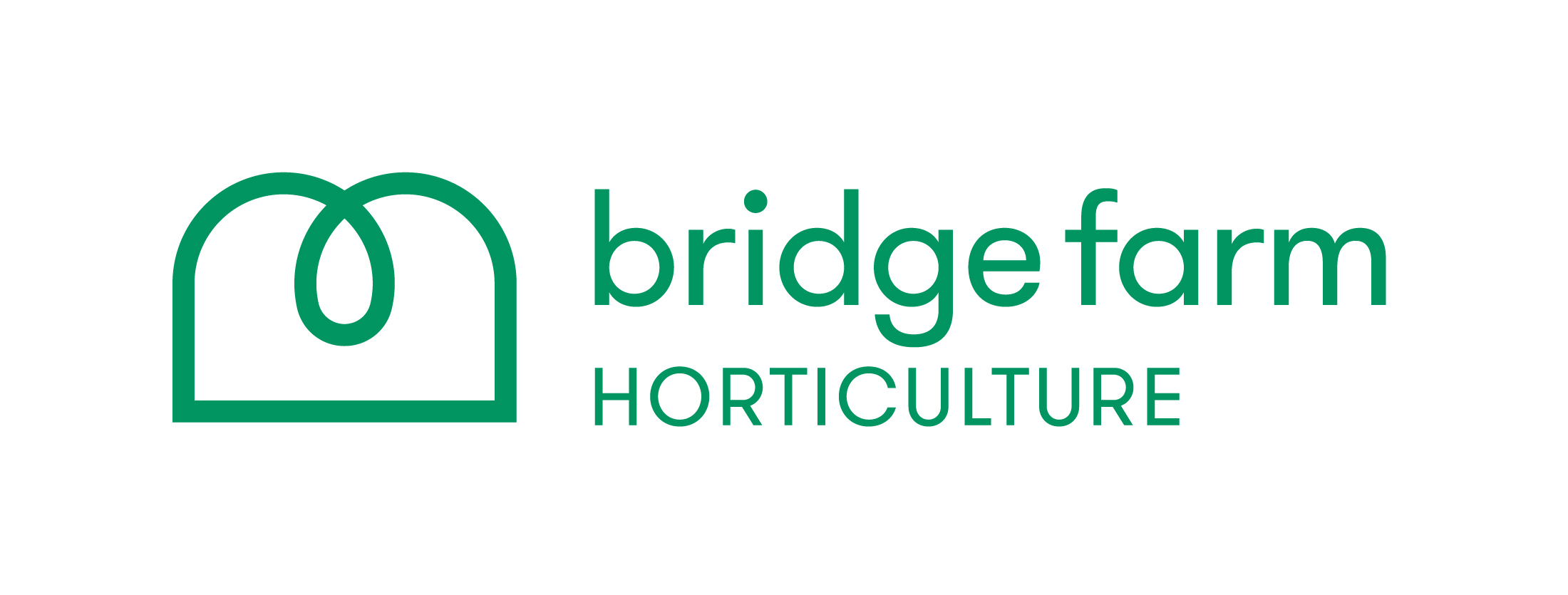Traditionally, glasshouses are heated with oil or gas, but our glasshouse heating is 100% renewable, thanks to a 30MW capacity biomass system that uses waste wood from other industries as its fuel source.
We water our plants using rainwater collected from our glasshouse roof, stored in our reservoirs that hold 30 million litres of water. The ebb and flood circular watering system we use ensures excess water not soaked up by the plants is cleaned and fed back into the system to be re-used.
To help us maximise the potential of our crops, our glasshouse roof is made with high light translucency, allowing as much light into the glasshouse as possible. In winter months, when light levels are lower, we use energy efficient LED lights to replicate natural daylight.
